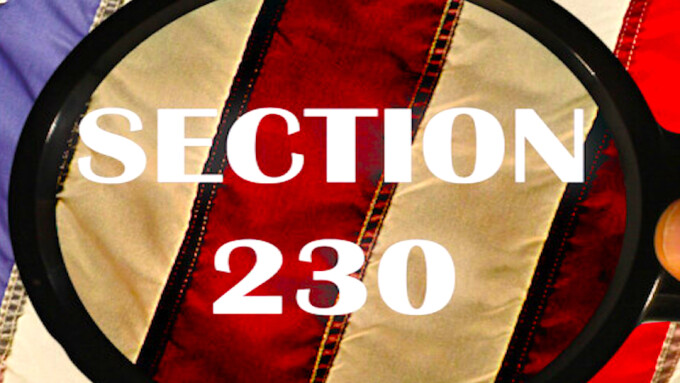WASHINGTON — The U.S. Supreme Court announced today that it will hear two cases that could lead to landmark decisions about Section 230 liability protection for online platforms.
The cases, Bloomberg reported today, mark “the court’s first test of the broad immunity social media companies have enjoyed under a provision known as Section 230, part of the 1996 Communications Decency Act.”
Digital rights advocates universally consider Section 230 to be a crucial bulwark against state and corporate censorship of controversial speech, including sexual expression and legal adult content.
Section 230 “has become a target of conservatives, including former President Donald Trump, who say it lets left-leaning tech companies censor right-wing voices,” the Bloomberg report continued.
As XBIZ has reported, the 1996 provision, once part of a Clinton-era censorship package aimed at sexual content online, is the only part of that legislation still in effect, and has shaped content moderation practices since the first expansion of the internet to consumers worldwide.
Two Cases Involving Social Media Platforms and Terrorist Attacks
The Supreme Court announced today that it will hear a case involving Google, which is being sued by the family of one of the victims of a 2015 terrorist attack in Paris. The family of Nohemi Gonzalez claims that Google’s YouTube service, “through its algorithms, violated the Anti-Terrorism Act by recommending the terrorist group’s videos to other users,” Bloomberg reported.
The plaintiffs are looking for SCOTUS to legitimize a carve-out of Section 230 protections concerning recommendation algorithms.
The lawyers for Gonzalez’s family have argued, “Whether Section 230 applies to these algorithm-generated recommendations is of enormous practical importance. Interactive computer services constantly direct such recommendations, in one form or another, at virtually every adult and child in the United States who uses social media.”
Google’s counsel warned against adopting a reading of section 230 “that would threaten the basic organizational decisions of the modern internet.”
The court will also hear a case against Twitter involving another terrorist attack, this one at an Istanbul nightclub in 2017, with the plaintiffs in that case also appealing to the Anti-Terrorism Act and seeking a Section 230 carve-out.
Justice Clarence Thomas has repeatedly asked for Congress to clarify the immunity provisions of Section 230, opining in March that “assuming Congress does not step in to clarify Section 230’s scope,” SCOTUS “should do so in an appropriate case.”








